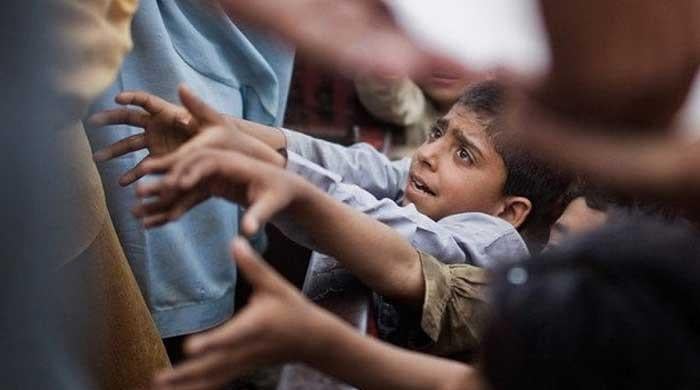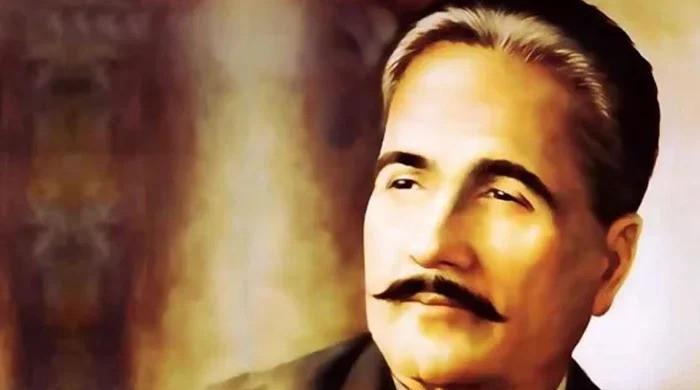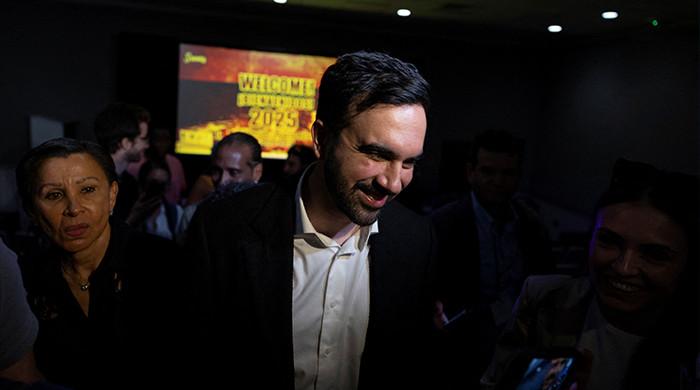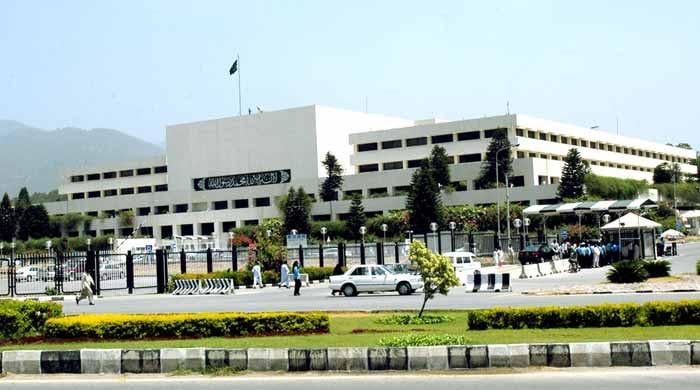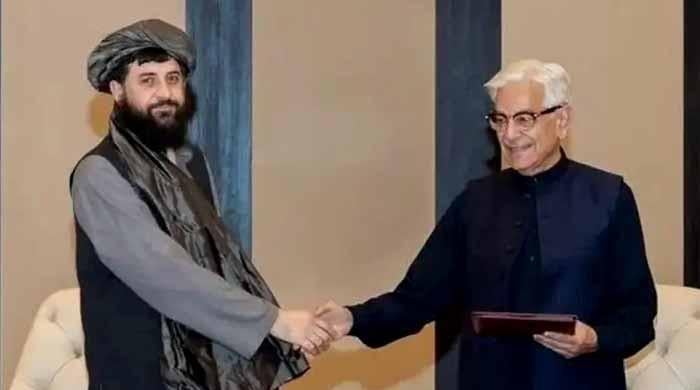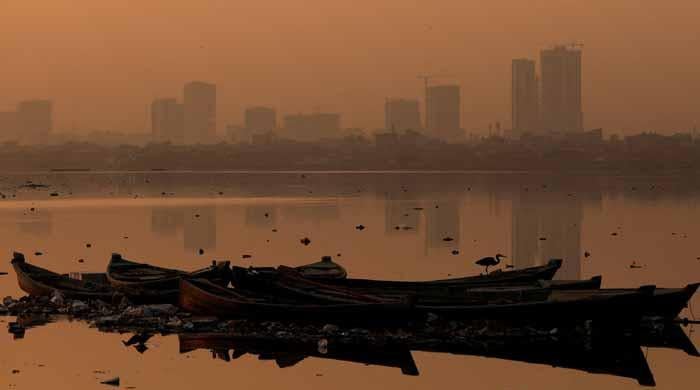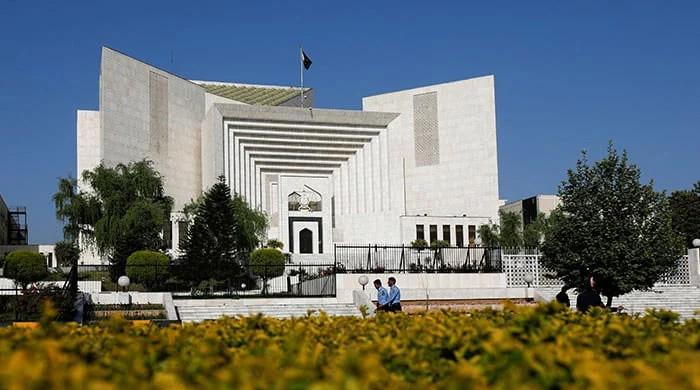Deconstructing the JUI-F’s toxic dharna
2018 elections were problematic, but not entirely lacking credibility
October 22, 2019
Miftah Ismail has now been in jail for nearly a month. What we knew about him before he was jailed is that he is intellectually gifted, and capable of processing incredible amounts of information, quickly and with great wit.
What we are learning about him now is that he is no shrinking violet. Most people would not endure a stint in jail out of political conviction or loyalty to a party or a person. Who knew that in addition to being a PhD in public finance from Wharton, a former CEO for a major food and confectionary manufacturing firm, and a former finance minister, Ismail would have as much character as he is clearly demonstrating?
Already rich, reasonably famous and incredibly accomplished and well connected, Ismail entered politics out of a notion of service to his country. Unfortunately, this is not a country that readily affords its best and brightest the opportunity to serve. The system is punishing Miftah Ismail in a very specific and peculiar way. It is signalling to every would-be Miftah Ismail: don’t you dare try to establish a career in public service. Please stick to the rivers and lakes that you’re used to: outside government.
I first met Miftah on a television set not long after the 2013 election. I had heard about how much Shahbaz Sharif admired him. An hour after spending some time with him, I was convinced the PML-N needed to use the kind of talent he represents in much more important roles than what he had initially been given: chairman, Board of Investment. It was only the elevation of Shahid Khaqan Abbasi that helped advance Miftah to the finance ministry.
I disagreed with some of the decisions he made as finance minister, but this was always on the cards. I am a tax-and-spend fiscal liberal; Miftah finds the Chicago school to be more endearing. In this way, he is much more of a conservative: tax cuts for everyone, and growth through big business and the expansion of economic capacity. It is an enduring indictment of Nawaz Sharif’s poor judgment on the macroeconomic front that he persisted with Ishaq Dar as long as he did.
Despite my reservations about the overall economic vision of Dr Ismail, it is unquestionable that the overdue rupee adjustment he opted for would have happened much sooner, had he been made finance minister earlier. It isn’t clear what will happen at NAB, and how the allegations against him will play out, but I hope and pray that he will not be deterred from public life in this country: he is too valuable and worthy an asset to the country.
This weekend, many Pakistanis fondly remembered an asset whose legacy continues to inspire and provoke, at the second annual Asma Jahangir conference. Organized by her intrepid daughters Sulema and Munizae, both of whom are incredibly accomplished professionals themselves, the conference helped bring together the national conversation on human rights for two days.
One of the speakers at the conference, who landed in Pakistan with a fully valid visa, was denied entry at the Lahore Airport for reasons that remain unclear. Steven Butler of the Committee to Protect Journalists (CPJ) later addressed the conference via video conference call. But the odour that his denial of entry manufactured will now haunt social media and Google searches for God knows how long.
It is important to appoint intelligent and capable individuals, not only at the top of organizations, but throughout the system. When the system fails to adequately account for the short, medium and long-term impact of a decision or decisions, we end up with a country of over 210 million people wiping the egg off its face. But sometimes, things are about much more than just egg on the face.
In January 2018, a case of police excess lead to the death of a young man named Naqeebullah Mehsud in Karachi. It took weeks of protest, including a ten-day dharna in Islamabad, to spur the system into action against the policeman behind Mehsud’s murder. The national news media maintained a general lackadaisical approach to these protests.
When we compare what passes for acceptable and unacceptable protest in the country, it seems strange that the PTI and PAT’s 2014 dharna was allowed to proceed anywhere near the inner sanctums of Islamabad, yet protests organized to call out systemic apathy to cases of alleged abuse of authority are deemed to be unfriendly to the preferred national discourse.
A new dharna is apparently headed Islamabad’s way. The JUI-F, which required a partnership with a long array of other religious parties to win a paltry 14 seats in parliament, is coming to Islamabad to demand PM Khan’s resignation. A lot of Pakistanis are tearing themselves into pieces trying to retro fit either support for this dharna (despite opposing previous such events), or to retro fit their opposition to this dharna (despite supporting previous such events).
There need not be so much confusion. The 2018 elections were problematic, but not entirely lacking credibility. PM Khan and the PTI are the legitimate and accepted government. Their authority, though less comprehensive than Nawaz Sharif and the PML-N’s after the 2013 election, has never been in doubt. Like the PTI was when it enacted the 2014 dharna, Maulana Fazlur Rehman and the JUI-F are malign actors with a clearly undemocratic agenda.
The PTI’s faltering in Punjab and at the federal level is weakening its standing in Khyber Pakhtunkhwa. How? For starters, it is painful for an administration enjoying incumbency in Peshawar to have to deal with austerity — despite impressive work by the PTI’s minister for finance in the province, Taimur Khan Jhagra, working to increase revenue, limit costs, and lend a semblance of reason and thoughtfulness to governance there.
The newly merged districts of the province require an overinvestment of political, administrative and communications attention: but PM Khan and the headliners in the PTI are still metaphorically stuck atop a container, trying to win hashtag wars with opponents, many of whom, despite being in jail, are living rent-free in the PM’s head.
Despite a historic mandate in Khyber Pakhtunkhwa, the incompetence in Islamabad (and Lahore) is having an impact on the PTI’s standing in the province. Maulana Sahib is renewing his standing as a viable option in that province, just as a new brand of Pakhtun nationalism attempts to energize its youth, just as the Americans begin to signal a major de-escalation with the Taliban in Afghanistan, and just as PM Khan and the PTI preside over a watering down of their brand in the home province that helped bring them to power.
The JUI-F’s dharna is undemocratic and should be opposed, just like the PTI and PAT’s 2014 dharna was. But everybody saw how the PTI acted to get what it wanted in the not too distant past. Why wouldn’t he try the same formula?
The writer is an analyst and commentator.
Originally published in The News
